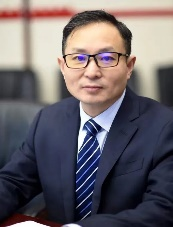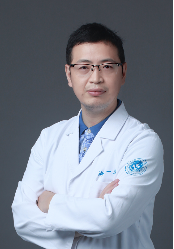Monday
1st Week: introduction & welcome, program overview and objectives, department introduction
Weekly: MDT conferences, complicated case study
Weekly: mentor one-on-one training:
- Topics:
1. Neurorehabilitation strategies
2. Orthopedic rehabilitation techniques
3. Critical care rehabilitation protocols
4. Cardiopulmonary rehabilitation programs
5. ERAS rehabilitation approaches
Tuesday
Weekly: outpatient observation, academic lecture, basic rehabilitation skills training
Biweekly: research training:
- Major themes:
1. Multidisciplinary team dynamics in rehabilitation
2. Development of clinical research in rehabilitation
3. Application of musculoskeletal ultrasound in rehabilitation
4. Innovations in ultrasound-guided injection therapy
5. Advanced urodynamic studies
Wednesday
Weekly: clinical rounds, rehabilitation therapy observation, case-based discussion, teaching rounds
Biweekly: simulated rehabilitation training
Weekly: lectures:
- Topics:
1. Surface electromyography in rehabilitation assessment
2. Gait analysis and its role in rehabilitation
Thursday
Weekly: rehabilitation skills training:
1. Manual therapy and mobilization techniques
2. Functional exercise prescription
3. Balance and coordination training methods
Biweekly: Rehabilitation hands-on
Friday
Weekly: Journal club, Clinical rounds, Clinical skills training, Special task training,
Last Week: Wrap-Up & Reflection, Participant presentations or discussion of key takeaways, Feedback session


